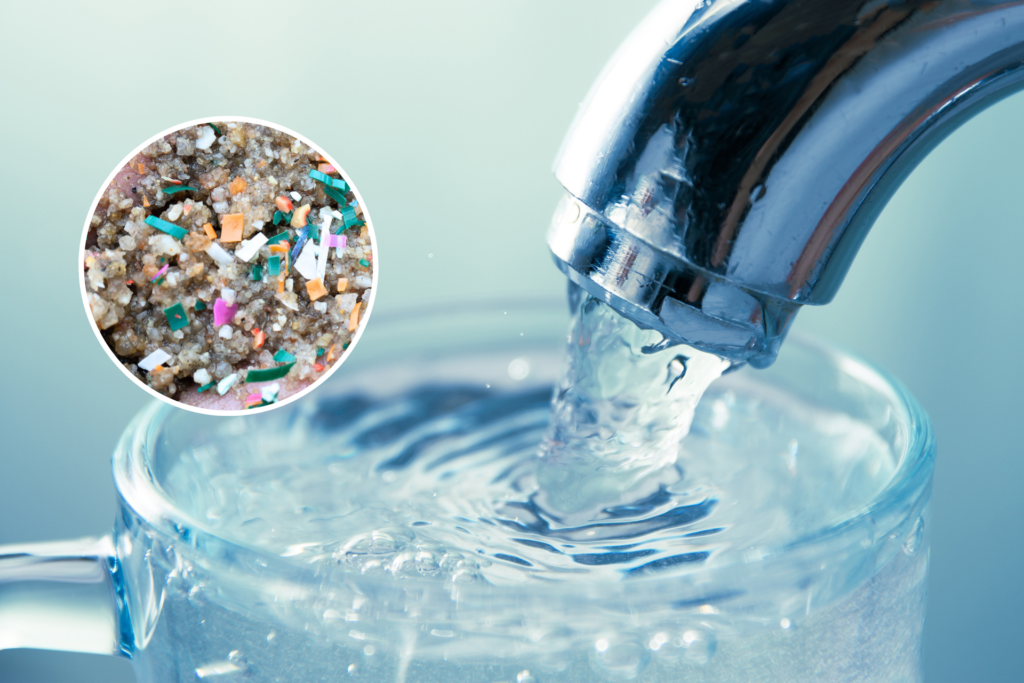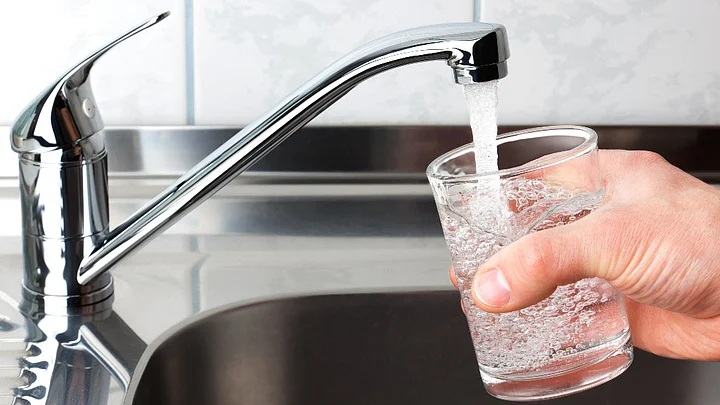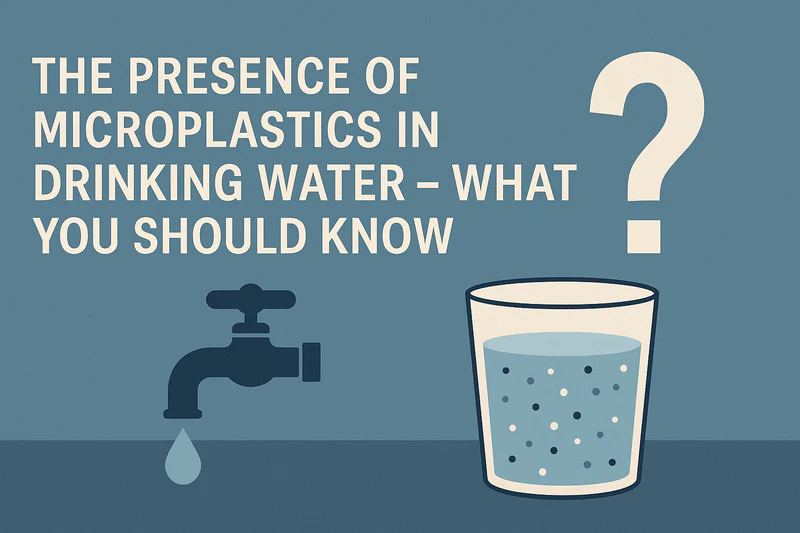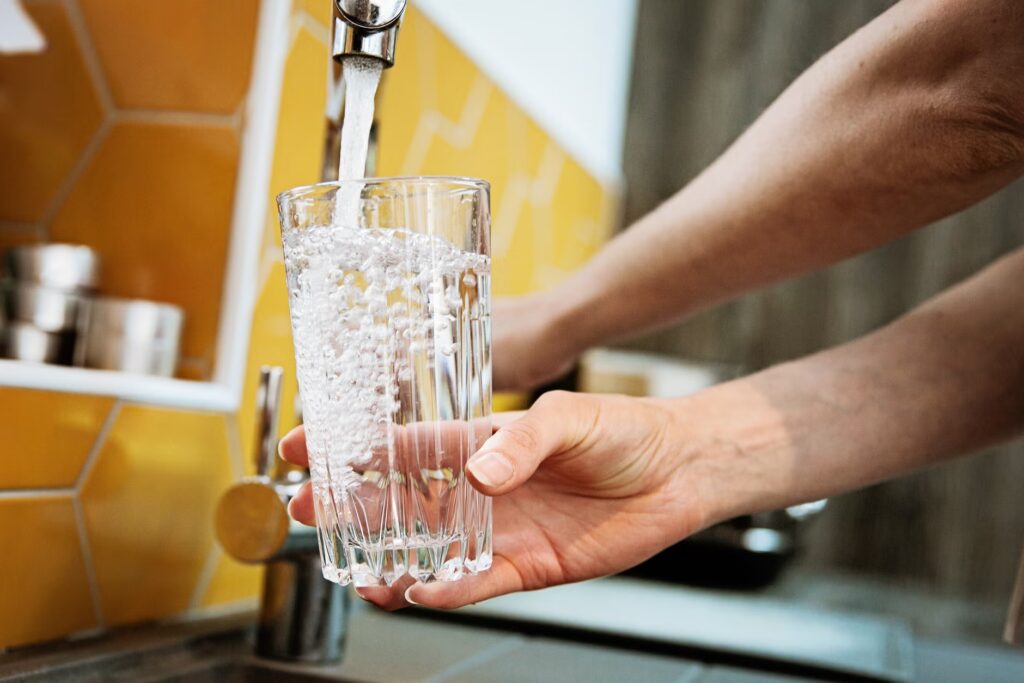According to a new research tap water can provide a protective barrier against harmful Microplastics. This natural shield can help to prevent everyday household items containing plastic from emitting tiny plastics.
Products such as plastic bottles, food containers, kettles and teabags have high levels of Microplastics (MPs). Alarmingly, plastic cups, polypropylene baby bottles, and plastic teabags can release over a million MP particles per liter.

A team of scientists from AMBER, the SFI Centre for Advanced Materials and Bioengineering Research, Trinity College Dublin and University College Dublin performed the study. The research was published in the Chemical Engineering Journal.
Researchers found that tap water contains trace elements and minerals which stop plastics from degrading into microplastics. Microplastics release various toxins like trace metals and dangerous organic chemicals into drinking water.

Previous studies on MPs have only utilized forms of freshwater, however. These types of water exist only in laboratories; therefore we don’t consider impurities and toxins in tap water.
For a real world conditions, scientists created synthetic drinking water (SDW) in the laboratory. They based preparations on WHO standards for safe tap water but modified it to mimic local Tap drinking water (TDW) composition. They found similar levels of MP released from plastics exposed to TDW and SDW. This shows that SDW is an effective model to analyze MP release levels from household plastics.

Professor John J Boland from AMBER and Trinity’s School of Chemistry, a co-leader of the research team, said this: “It is well known that plastics can degrade and release Microplastics, which can get into the environment and be consumed by humans. Our research shows that many items such as plastic kettles, which are repeatedly used with tap water, can develop over time a protective skin that prevents the release of Microplastics entirely.”
When plastics come in contact with hot water (70–100°C), it causes the chemical bonds in plastic break. This reaction releases toxic chemicals into the water, which then make their way into our bodies. A study found that Microplastics in hot water are 2 to 8 orders of magnitude higher than MPs in drinking water. Of course, ingesting Microplastics from any source can lead to severe consequences.
Please listen this article here-
Studies have found that the ubiquitous nature of MPs affects “all spheres of life and ecology.” In humans, researchers found that exposure to MPs can lead to health problems such as:
- Oxidative stress
- Inflammatory lesions
- Metabolic diseases
- Neurotoxicity
- Increased cancer risk
- Cytotoxicity
Researchers have found that clean drinking water can decrease these health risks. While some people prefer filtered water to tap water, this latest study provides a reason to drink more of the latter.
(ref-www.powerofpositivity.com)
